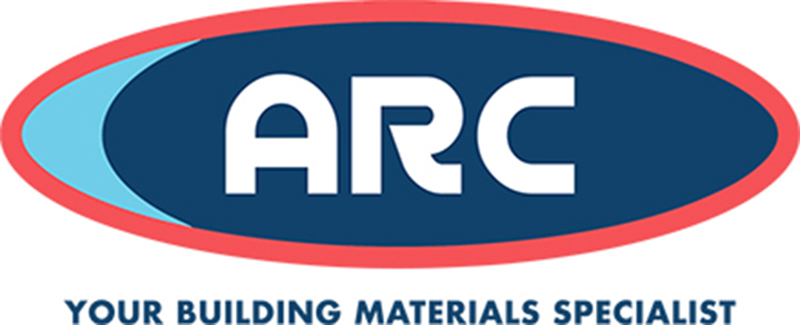There is much that both the Government of Guyana as well as the local business sector can learn from the recent protestations of a prominent Jamaican firm, ARC Manufacturing, which specializes in the manufacture of various types of construction materiel, which the company says, is being imported into the country at the expense of its own offerings.
The company’s concern, its Manager for Sales and Marketing, Devon Brooks’ suggests, revolves around the fact that “cheap imports is taking away a huge share of the business,” according to a November 10 Jamaica Observer report.
ARC Manufacturing, the report says, is also concerned that beyond its own entrepreneurial interests it is also worried about the hurt that inferior imports is inflicting on Jamaica’s construction sector as a whole.
Brooks’ comments reportedly made during The Observer’s recent Design Week event, also alluded to the fact that the country’s market is “saturated……….with cheap imports, taking away a huge share of the business.”
Brooks reportedly told the Observer that the situation “has progressively worsened and poses serious threats to construction workers in Jamaica.”
“We are a part of CARICOM and …….there are certain benefits that should obtain, being a single market. We realize that there is dumping of certain items in our industry and market, nails are one of them,” Brooks is quoted in the Observer as saying. The company official also reportedly alluded specifically to “Chinese and Dominican Republic nails” which, he said, in comparing those with the Jamaican company’s brands. “When you look at quality of the product, it’s night and day,” Brooks is quoted as saying.
Publicly available information on ARC states that the company “specializes in the manufacturing and distribution of building materials and is the leading manufacturer of common wire nails and the sole manufacturer of binding wire in Jamaica.” The company’s manufacturing portfolio also includes “barbed wire, quarter wire, binding wire, fabric mesh, nails, chain link fencing, tracks & studs, purlins, circular & industrial zinc, roofing tiles, (and) hurricane straps.” The Jamaica Observer report says that the company’s product line also includes “cement, concrete blocks, structural steel, merchant bars, plywood, hardboard, cement board, furniture ply, plumbing and electrical supplies, steel plates, paints, furniture lumber, and hundreds of retail items.” The company says that its promotional material also provides information on the company’s lumber treatment capabilities which, it boasts, is “one of the most modern in the region.”
The outburst by the Jamaican manufacturing company calls to mind what, over the years, have been the frequent protestations of sections of Guyana’s manufacturing sector which have intermittently criticized what it considers to be a free and easy official policy of generously opening up the country to the importation of some products, including products associated with the construction sector, which are being manufactured locally rather than providing greater incentives that allow for the further growth of the country’s manufacturing sector.
With the spinoff from the country’s oil and gas sector attracting significantly higher levels of investing in the construction sector that now embraces, housing, hotels and various other forms of business-related infrastructure the local manufacturing sector can be expected to continue to lobby government even more vigorously to press would-be investors into supporting the local manufacturing sector while regional manufacturers can be expected to mount their own lobby for a CARICOM bias in the country’s choice of manufactured imports that are linked to the growth of the country’s economy, going forward.






